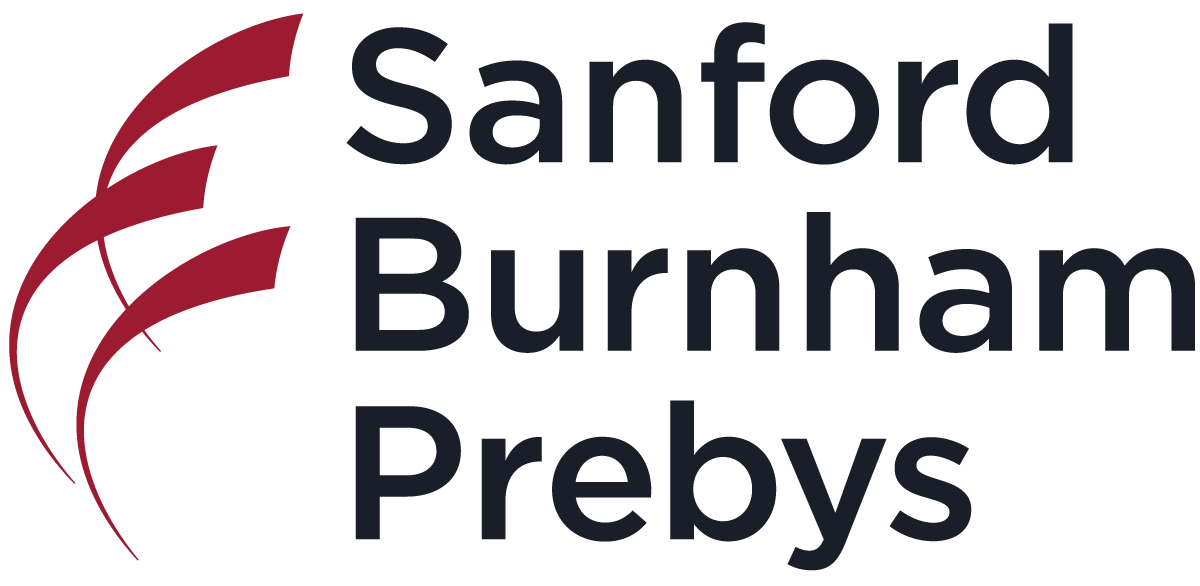Newswise — Orlando, Fla., December 1, 2014 – Sanford-Burnham Medical Research Institute at Lake Nona (Sanford-Burnham) and Mayo Clinic today announced that a joint team of scientists has been selected as a winner of GlaxoSmithKline (GSK)’s 2014 Discovery Fast Track Challenge. The Challenge is designed to accelerate the translation of academic research into novel therapies. Researchers from the two organizations will work with partners at GSK to screen the pharmaceutical company’s library of compounds for potential new drugs to treat resistant hypertension, blood pressure that remains high despite treatment with current medications. The Challenge provides resources for small-molecule discovery and offers the opportunity for long-term collaboration.
“This truly is a one-of-a-kind partnership and promising approach to finding a new treatment for hypertension,” said Siobhan Malany, Ph.D., chemical biology team leader in the Institute’s Conrad Prebys Center for Chemical Genomics. “Each partner brings unique capabilities to this collaboration. Sanford-Burnham has extensive drug discovery expertise and state-of-the-art technology platforms, Mayo Clinic ensures clinical relevance, and GSK provides its extensive resources and a library of drug-like, proprietary compounds. It would be very difficult, if not impossible, for us to do this alone.”
Turning a side effect into a new treatment approachCertain peptides (short chains of amino acids) used as therapeutics for heart disease have shown promising results in the clinic; however, they have the side effect of lowering blood pressure to levels below recommended limits. The team of scientists at Sanford-Burnham and Mayo Clinic is now trying to identify small molecules within GSK’s library that capitalize on this effect and use them to help people suffering from resistant hypertension to lower their blood pressure.
Researchers at Mayo Clinic have already identified and validated a target – a certain receptor on the cell – that will be the focus of this screen. Sanford-Burnham experts are looking for small molecules that will act as modulators of this receptor in the presence of certain peptides. They hope to find a compound that will ultimately stop or even reverse hypertension and its negative effects on blood vessels.
An innovative academia-industry partnership“We believe there is a real advantage in bringing together the best in academia and industry to help take innovative ideas forward in drug discovery,” said Duncan Holmes, European Head of GSK’s Discovery Partnerships with Academia (DPAc). “The Discovery Fast Track Challenge is designed to find the best ideas for collaborative drug discovery from any therapeutic area, in any geography. We look forward to working with the winners to help identify novel quality pharmacologically active compounds for their targets and being part of the researcher’s journey in making a difference."
The identified compounds could then form the basis of full drug discovery programs that may ultimately lead to innovative medicines for the benefit of patients in need of new treatment options. As the incidence of high blood pressure and a sub-class known as resistant hypertension continue to rise, the need to develop more-effective treatments has never been greater.
# # #
ABOUT HYPERTENSIONHigh blood pressure (hypertension) is a condition in which the pressure of the blood in the blood vessels is so high that it damages the artery wall tissue and eventually causes health problems such as heart issues or stroke. Resistant hypertension is defined as uncontrolled blood pressure when using at least three anti-hypertensive drugs. To date, there are no approved drugs or devices to treat resistant hypertension. It is estimated that between 12 and 20 percent of the hypertensive population have resistant hypertension. According to the American Heart Association, hypertension has been diagnosed in 78 million adults in the U.S., and even though it may not display any symptoms, high blood pressure can have deadly consequences if not treated. It generally develops over many years and it affects nearly everyone eventually. If detected early on, high blood pressure can be managed very effectively through medication.
ABOUT THE DISCOVERY FAST TRACK CHALLENGEThe Discovery Fast Track Challenge is designed to translate academic research into starting points for new potential medicines. The academic researcher provides a novel drug discovery concept that may include assay protocols and reagents. GSK provides a team of scientists to collaborate with the academic and applies its state-of-the-art capabilities to scale up, industrialize assays and analyze data. The target is screened against GSK compound collections and enabled to find novel quality pharmacologically active compounds. For Discovery Fast Track projects that both the academic partner and GSK wish to continue, both parties can enter into a DPAc agreement. The 2014 challenge, expanded to include Europe in addition to North America, attracted 428 entries across a broad range of therapeutic areas from 234 universities, academic research institutions, and hospitals in 26 countries.
ABOUT SANFORD-BURNHAM MEDICAL RESEARCH INSTITUTESanford-Burnham Medical Research Institute is dedicated to discovering the fundamental molecular causes of disease and devising the innovative therapies of tomorrow. Sanford-Burnham takes a collaborative approach to medical research with major programs in cancer, neurodegeneration and stem cells, diabetes, and infectious, inflammatory, and childhood diseases. The Institute is recognized for its National Cancer Institute-designated Cancer Center, its NIH-designated Neuroscience Center Cores, and expertise in drug discovery technologies. Sanford-Burnham is a nonprofit, independent institute that employs more than 1,000 scientists and staff in San Diego (La Jolla), Calif., and Orlando (Lake Nona), Fla. For more information, visit us at sanfordburnham.org.
Sanford-Burnham can also be found on Facebook at facebook.com/sanfordburnham and on Twitter @sanfordburnham.
